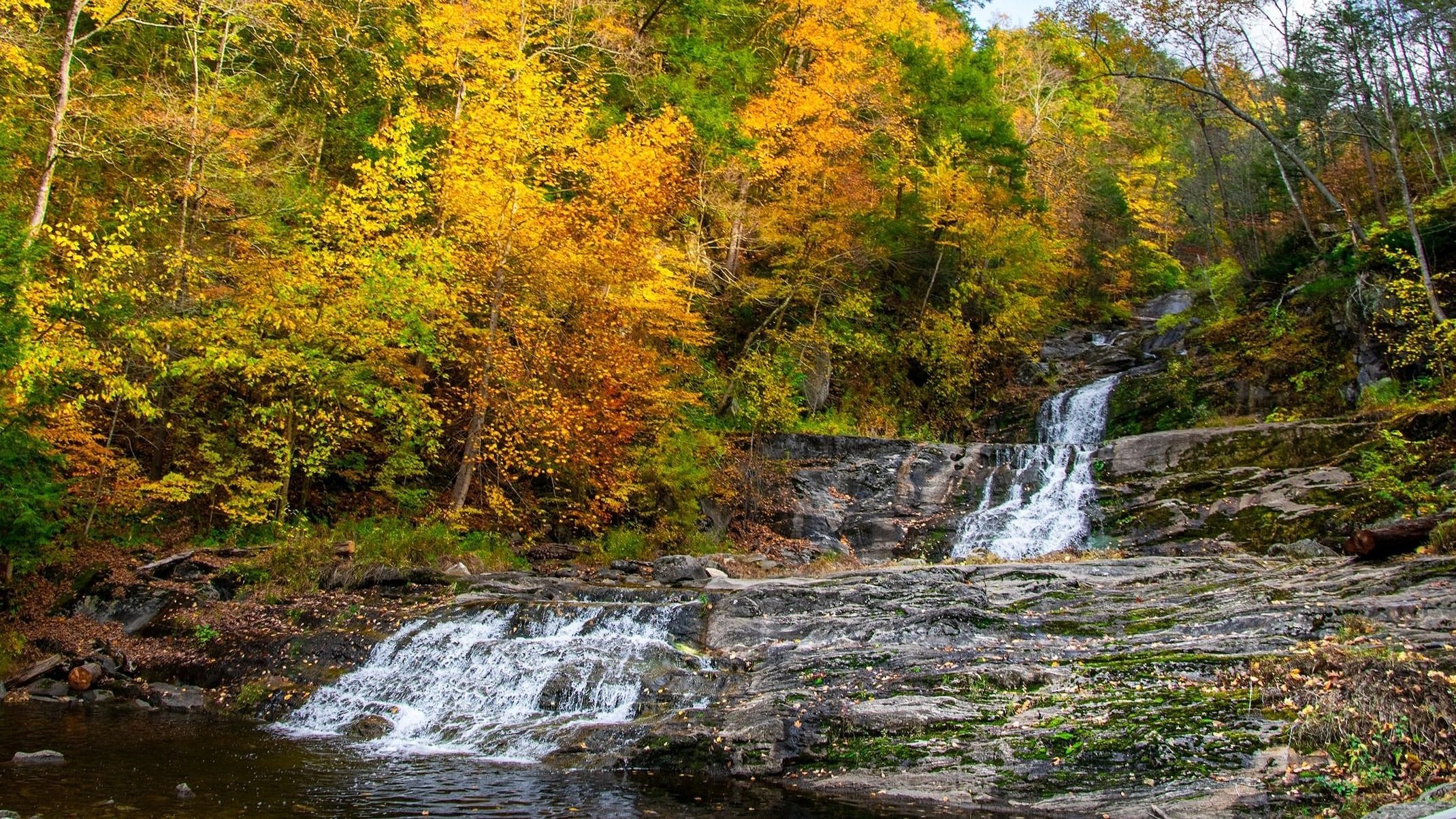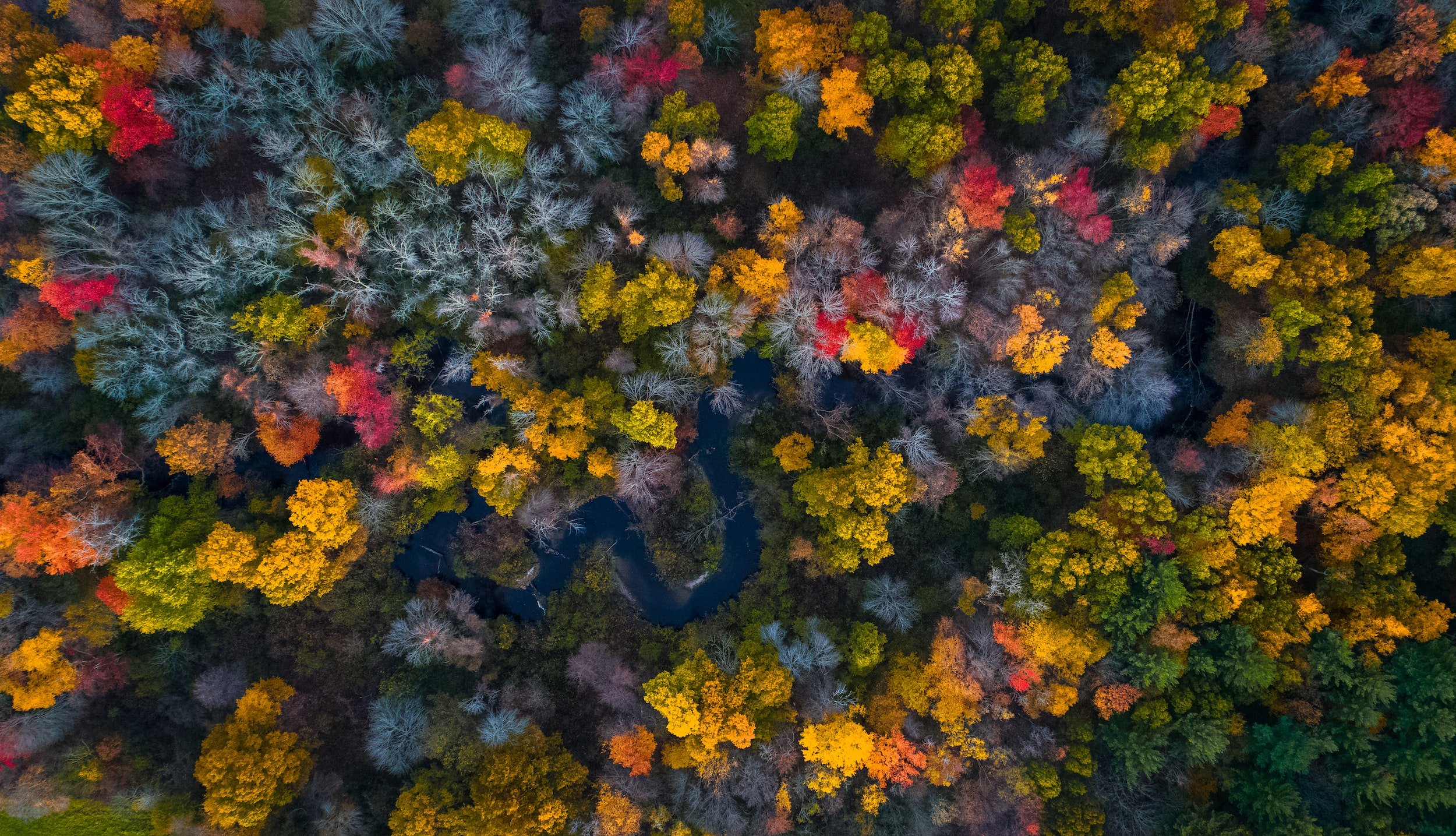
Massachusetts Fly Fishing
Is Fly Fishing popular in Massachusetts?
Yes, fly fishing is popular in Massachusetts. The state has a diverse range of waters, including rivers, streams, and lakes, that offer great fly fishing opportunities. The state is particularly known for its trout fishing, with many rivers and streams that are well-stocked with trout. Additionally, Massachusetts is home to saltwater fly fishing opportunities along the coast, with species like stripers, bluefish, and bonito.
There are many fly fishing guides and shops in Massachusetts that cater to fly fishing enthusiasts, providing equipment rental, fly fishing lessons, and guided trips. Additionally, there are many fly fishing clubs and groups that meet regularly and provide a great opportunity for fly anglers to connect with other like-minded individuals and learn from experienced anglers.
Overall, Massachusetts offers great fly fishing opportunities with a wide variety of fish species and many resources available to help anglers make the most of their time on the water.
What are the top targeted species for anglers in Massachusetts?
The top targeted species for fly fishing anglers in Massachusetts would be:
Trout: Massachusetts is home to a wide variety of trout species, including brook, brown, and rainbow trout. These species are found in many of the state's rivers and streams, making it a popular destination for trout fly fishing.
Striped Bass: Striped Bass, also known as stripers, are a popular species for fly fishing in Massachusetts, particularly in the saltwater areas along the coast.
Bluefish: Bluefish are another popular species for fly fishing in Massachusetts, particularly in the saltwater areas along the coast.
Bonito: Bonito are also a popular species for fly fishing in Massachusetts, particularly in the saltwater areas along the coast.
Atlantic Salmon: Atlantic salmon are not native to Massachusetts but they are stocked in some rivers and can be caught with fly fishing.
Smallmouth and Largemouth Bass: Smallmouth and largemouth bass can be found in many of the state's rivers and lakes, and are known to be popular species for fly fishing.
Carp: Carp can be found in many of the state's rivers and lakes, and are known to be a challenging species to catch on a fly rod.
Keep in mind that different species are available in different seasons and locations, and some species have specific regulations on the methods, timing, and catch limits, so it is always recommended to check with the local authorities before fishing.

5 popular spots to fly fish in Massachusetts
The Deerfield River: This river is considered by many to be one of the best fly fishing destinations in the state, offering great opportunities to catch brook, brown, and rainbow trout.
The Farmington River: This river offers excellent fly fishing opportunities for a variety of species, including brook, brown, and rainbow trout, as well as smallmouth bass.
The Housatonic River: This river is a great spot for fly fishing, offering the chance to catch brook, brown, and rainbow trout, as well as landlocked salmon.
The Cape Cod Bay: This area is known for its saltwater fly fishing opportunities for species like striped bass, bluefish, and bonito.
The Quabbin Reservoir: This reservoir is a great spot for fly fishing, offering the chance to catch rainbow trout, landlocked salmon, and smallmouth bass.
These are only a few examples of the many fly fishing spots that can be found in Massachusetts, each of them has their own specialties and offerings. Keep in mind that many rivers and streams in Massachusetts are seasonal, and that some have specific regulations on the methods, timing, and catch limits, so it is always recommended to check with the local authorities before fishing.
What are the Fly Fishing regulations for Massachusetts?
The fly fishing regulations for Massachusetts are set by the Massachusetts Division of Fisheries and Wildlife (MassWildlife) and can vary depending on the location, species, and time of year. Here are some general regulations to keep in mind:
Licenses: All anglers over the age of 15 are required to have a valid fishing license. Licenses can be obtained online, by phone, or at one of the MassWildlife's authorized agents.
Catch limits: MassWildlife sets daily and seasonal catch limits for different species of fish. Anglers are required to know and abide by these limits.
Open seasons: MassWildlife sets specific dates for the open seasons for different species. Anglers are required to know and abide by these dates.
Fly fishing only: Some waters in Massachusetts are designated as "Fly Fishing Only" waters, and anglers are required to use only flies, lures, and artificial baits when fishing in these waters.
Special regulations: Some waters have special regulations that may include catch and release, specific gear, or specific times and dates when fishing is allowed.
Tributary regulations: Some tributaries have specific regulations for fly fishing, anglers must know and abide by these regulations.
It is always a good idea to check the current regulations before going fly fishing in Massachusetts, as they can change from year to year and vary depending on the location. The MassWildlife website is a good resource for this information, or visit local fly fishing shop or guide who can provide guidance on the current regulations.
Popular Fly Shops in Massachusetts
"The Fly Shop" in Westfield: This shop offers a wide variety of fly fishing gear, including rods, reels, flies, and clothing. They also offer fly fishing classes and guided trips, as well as fly fishing clinics and events throughout the year.
"The Orvis Fly Fishing" in Boston: This shop is a part of the Orvis Chain, and it offers a wide variety of fly fishing gear, including rods, reels, flies, and clothing. They also offer fly fishing classes and guided trips, as well as fly fishing clinics and events throughout the year.
"The Fly Rod Shop" in Beverly: This shop offers a wide variety of fly fishing gear, including rods, reels, flies, and clothing. They also offer fly fishing classes and guided trips, as well as fly fishing clinics and events throughout the year.
"The Cape Cod Fly Shop" in Harwich: This shop offers a wide variety of fly fishing gear, including rods, reels, flies, and clothing. They also offer fly fishing classes and guided trips, as well as fly fishing clinics and events throughout the year, they are specialized in saltwater fly fishing.
"The Fly Fishing Outfitters" in West Springfield: This shop offers a wide variety of fly fishing gear, including rods, reels, flies, and clothing. They also offer fly fishing classes and guided trips, as well as fly fishing clinics and events throughout the year.
These are only a few examples of the many fly fishing shops that can be found in Massachusetts, each of them has their own specialties and offerings, It is always recommended to check out multiple shops to find the one that best suits your needs and preferences.
What is the History of Fly Fishing in Massachusetts?
Fly fishing has a long history in Massachusetts, dating back to the early 1800s. The state's abundance of rivers, streams, and lakes, as well as its diverse range of fish species, have made it a popular destination for fly fishing enthusiasts. In the early days of fly fishing in Massachusetts, anglers used traditional fly fishing methods such as casting a line with a long rod and using a reel to retrieve the line.
During the 1800s, the state's fish and game laws began to be established, and the state's first fish hatchery was built in 1868, which helped to improve the population and variety of fish in the state's waters. This led to an increase in popularity of fly fishing in Massachusetts, as more and more anglers were able to catch a wider variety of fish.
In the early 1900s, the sport of fly fishing continued to evolve, with the introduction of new fly fishing equipment and techniques. The introduction of new materials, such as graphite rods, made fly fishing more accessible to anglers, and the development of new fly patterns and tying techniques made it easier to imitate different types of fish. Additionally, the rise of the sport of saltwater fly fishing led to the development of new flies and techniques specific to fishing on the coast.



